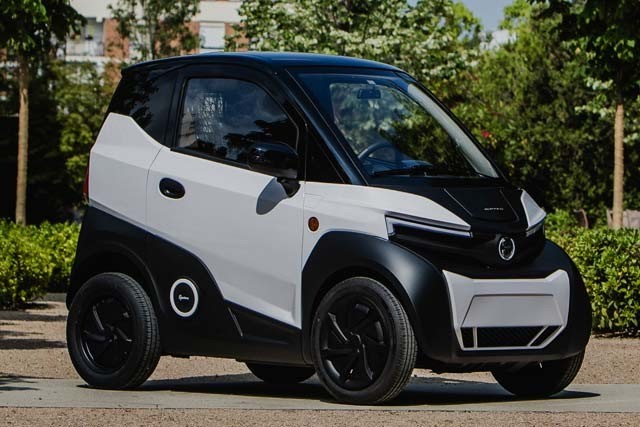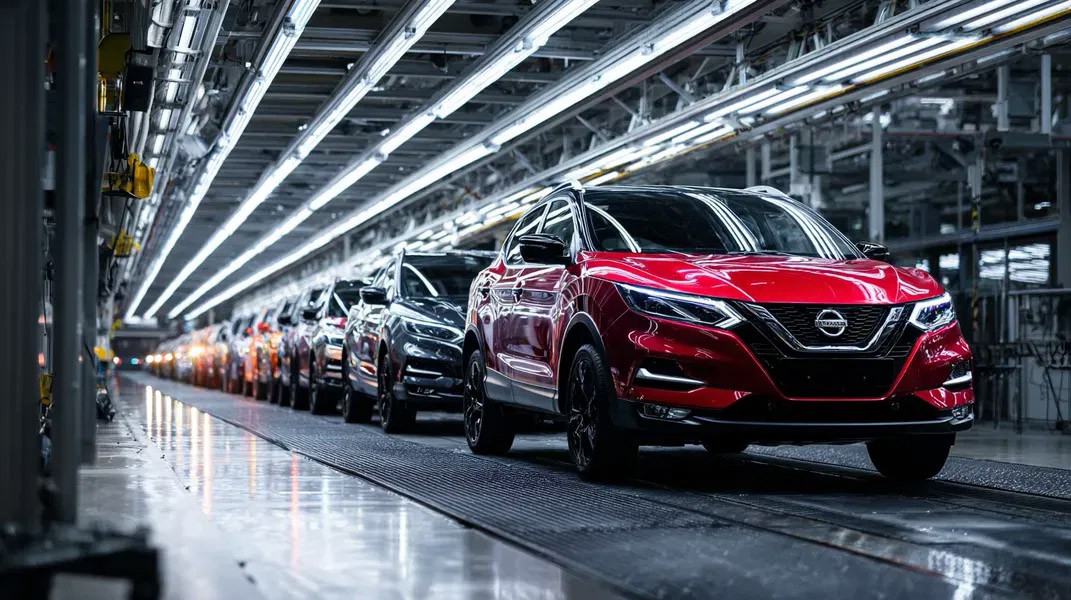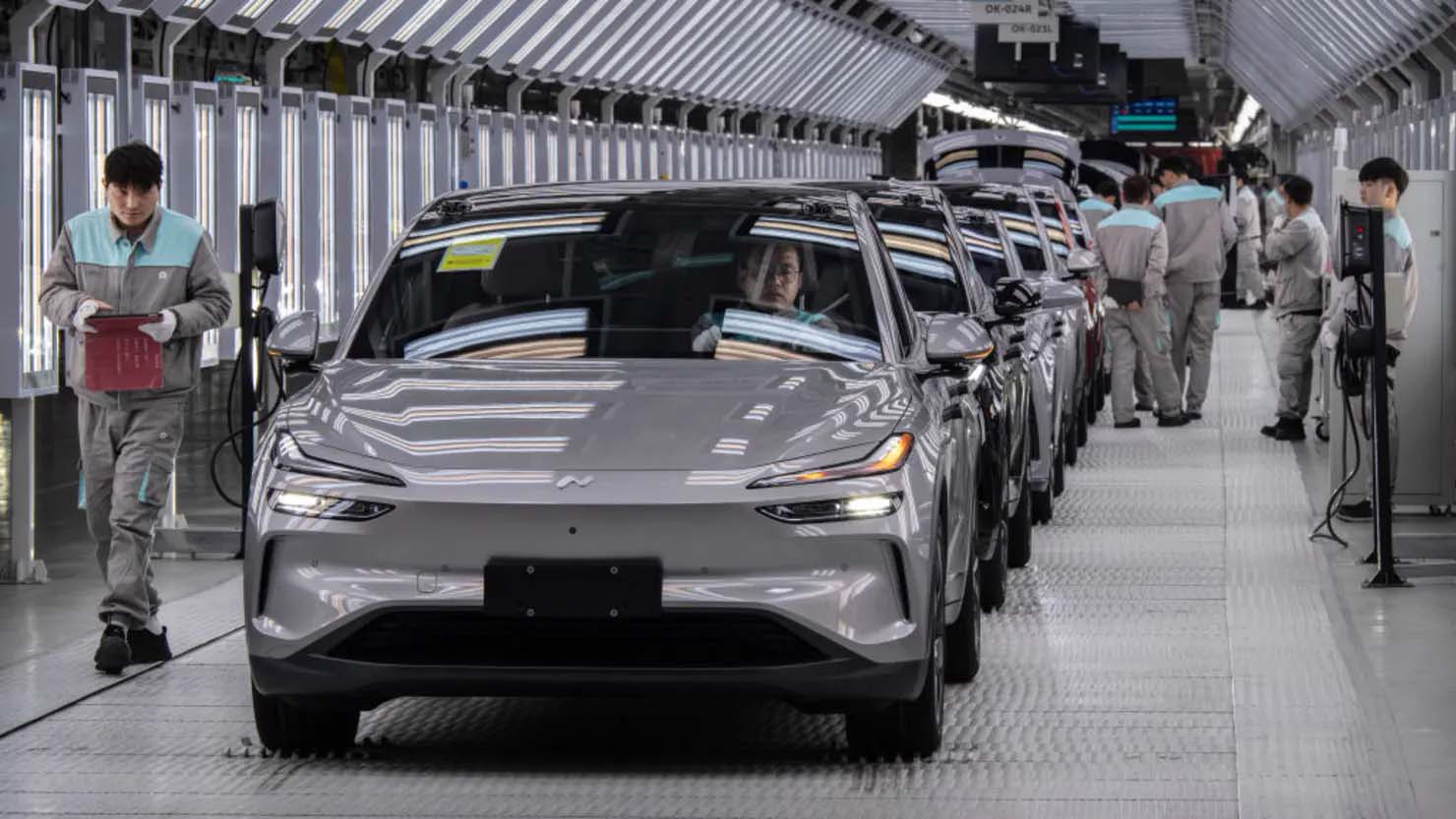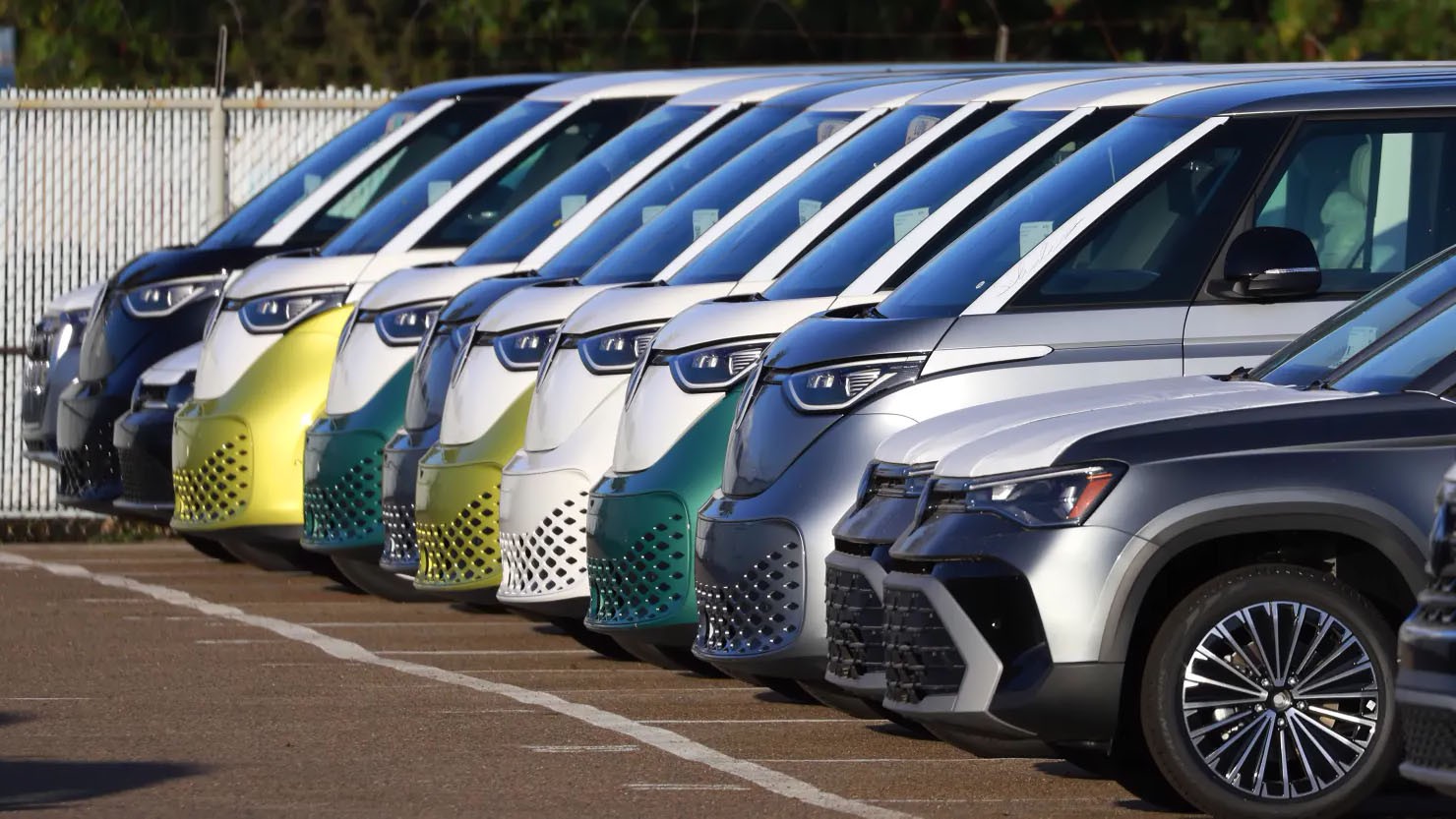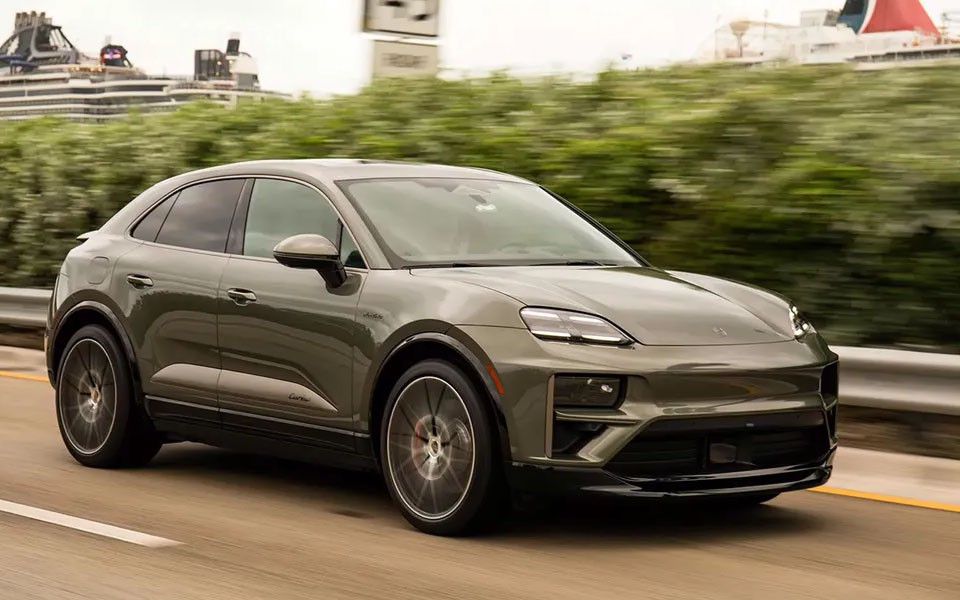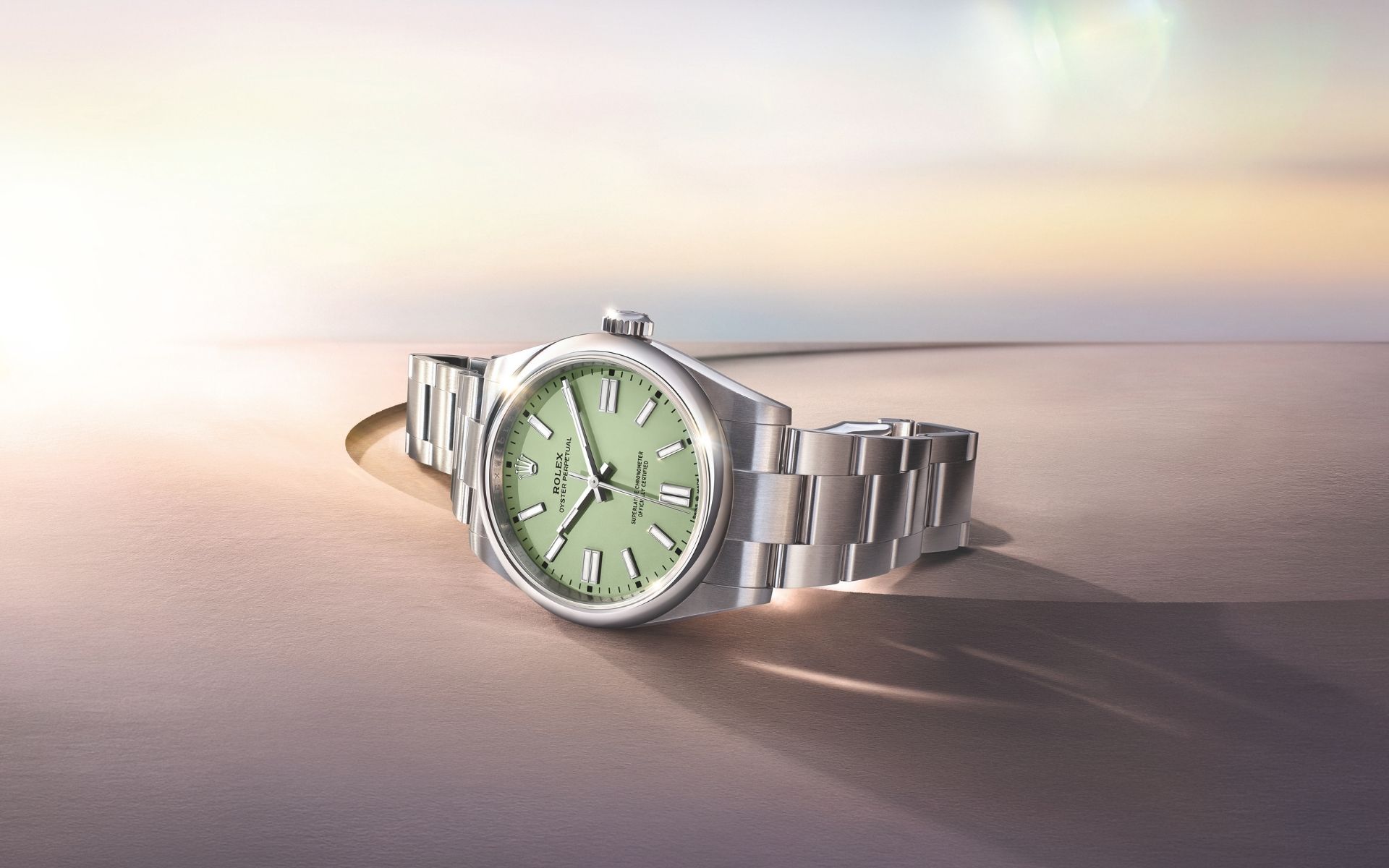In the face of global pressure on automakers to accelerate the transition to electric transport, BMW says it remains committed to traditional internal combustion engines (ICE). The company's management emphasizes that the abandonment of internal combustion engines in the coming years is not part of the strategic plans, since this type of drive remains a key element of the concern's business model.
BMW CEO Oliver Zipse reiterated that the company will pursue a multi-format approach, which involves the simultaneous development of electric vehicles, hybrids and cars with internal combustion engines. According to him, the global market remains heterogeneous in terms of infrastructure and solvency, and therefore the forced refusal of internal combustion engines would limit the choice of consumers and reduce the availability of cars.
"The internal combustion engine remains the foundation of our survival and will play an important role in the future business," said Tsipse, emphasizing the relevance of traditional solutions in a number of key markets.
Alexander von Moltke, CEO and head of the BMW plant in Steyr, supported the position. He stressed that the company continues to invest in the development and improvement of internal combustion engines-from three-cylinder to eight-cylinder versions-in order to meet the tightening emission standards, including the upcoming Euro-7 standards.
BMW also relies on technological innovation in the fuel sector. The company is actively testing the use of alternative fuels, including HVO100, a hydrogenated vegetable oil that can be used in modern diesel engines without modifications. BMW diesel cars produced in Germany are already being tested on the HVO100 before being exported to foreign markets.
According to the engineers ' calculations, the use of HVO100 can reduce CO₂ emissions by up to 90% compared to traditional diesel fuel. In addition to being eco-friendly, this fuel has improved cold-weather start-up characteristics, and its high degree of purification makes it resistant to microbial contamination, which is especially important for long-term storage.
At a time when many automakers are declaring an early rejection of internal combustion engines, BMW maintains a pragmatic and balanced approach, focusing on real market conditions and scientific and technological progress in the field of classic and alternative technologies.



